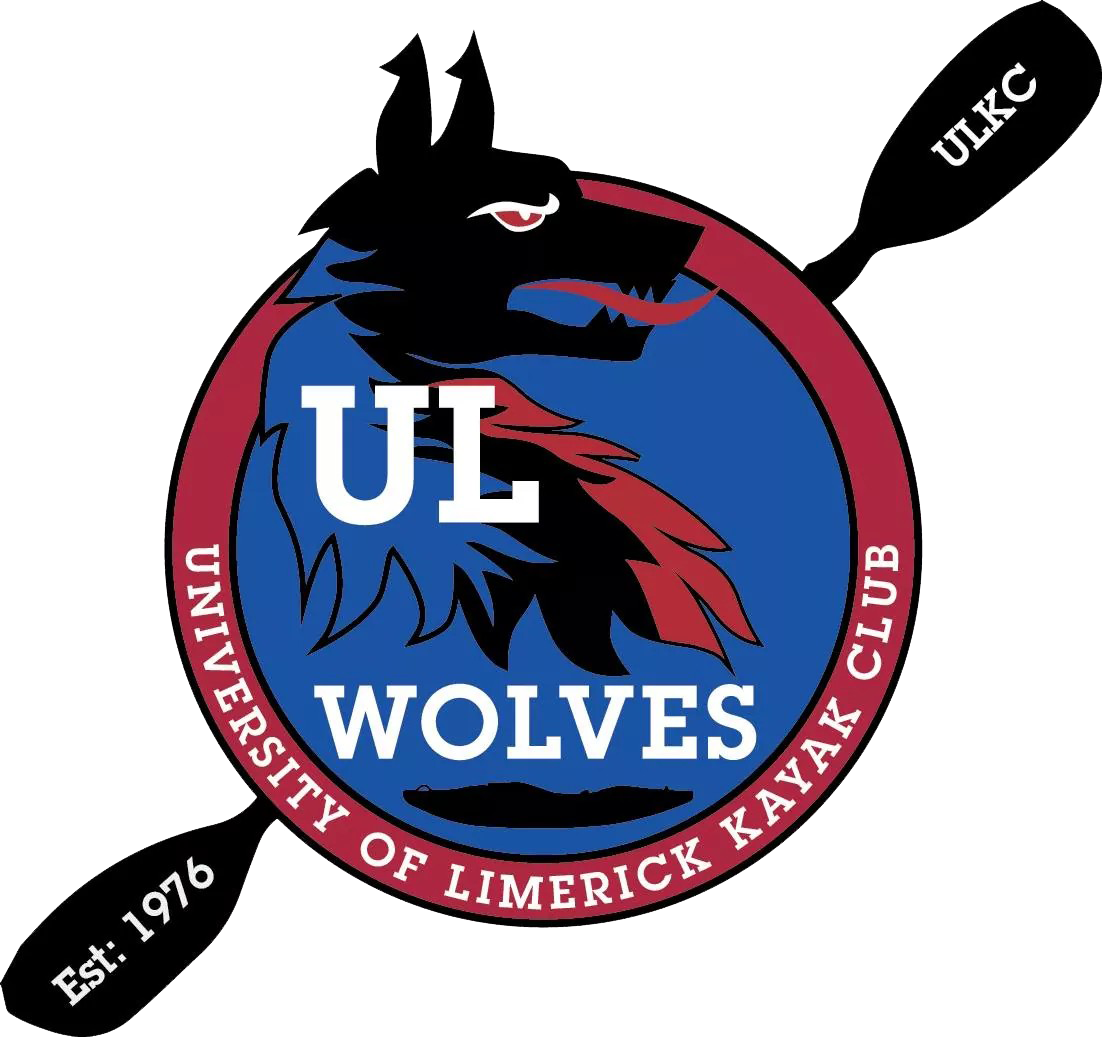Remote Emergency Care – REC
The Remote Emergency Care series is made up of modular weekend courses. Levels 1, 2 and 3 require no previous training and participants may start directly at any of these levels.
Level 1 – Urban First Aid
A one-day practical course focusing on first response skills – the skills required to deal with a life-threatening incident when an experienced first aider is not available. The course involves plenty of hands-on practice including outdoor scenarios.
Level 2 – Outdoor First Aid
A two day course that is recognised by the MLTUK, BCU, RYA and other outdoor governing bodies. On this course we focus on dealing with incidents far from medical help with the minimal equipment you would carry while participating in or leading outdoor activities. Again the emphasis is on practical skills with plenty of hands-on practice including lots of outdoor scenarios.
Level 3 – AED extension to Outdoor First Aid
This one-day extension to the level 2 course trains participants in additional skills, including the use of Automated External Defibrillators (AEDs).
Level 4 – Remote (Expedition)
This stream is designed for expedition leaders operating in remote areas with standard expedition first aid kits and drug packs. The course includes topics such as wound care, hydration, altitude illness, frostbite, insect and animal bites, and commonly encountered tropical diseases. AED (defibrillator) training is included in this course.
This stream is designed for expedition leaders operating in remote areas with standard expedition first aid kits and drug packs. The course includes topics such as wound care, hydration, altitude illness, frostbite, insect and animal bites, and commonly encountered tropical diseases. AED (defibrillator) training is included in this course.
Level 5 – Wilderness (Expedition)
This two-day training complements the level 4 course to provide the participant with comprehensive wilderness medical care skills. Training includes the use of an on-call doctor, reduction of dislocated shoulders, ankle assessment, advanced incident management and evacuation management. Again, training is tailored into Rescue or Expedition streams. In order to attend Level 5 training, participants are required to have completed the appropriate level 4 stream within the last two years.
This stream includes training in techniques such as drug administration, cervical collar application, helmet removal and the use of medical gases
